IR spectrophotometer
A Spectrophotometer is an analytical instrument used to identify materials including organic polymers. Infrared spectrophotometers record the relative amount of energy as a function of the wavelength/frequency of the infrared radiation when it passes through a sample. Therefore, chemical structures of different samples will reflect differences in the IR absorption spectrum allowing for identification of a sample. Unlike a dispersive spectrometer, an FTIR spectrometer or FTIR spectrophotometer is used to simultaneously obtain spectral data of a sample. It does this by using an interferometer to collect the interferogram, also known as the raw data/signal format, which can then be translated into the infrared spectrum of the sample by means of a fourier transform algorithm. As a result there are many advantages including greater signal-to-noise ratio, high resolution, higher throughput, and a short wavelength limit. FTIR spectrometers can be used in a variety of industries including environmental, pharmaceutical, and petrochemical.
Report Abuse
Shipping Details
Based on 0 reviews
Be the first to review “IR spectrophotometer”
You must be logged in to post a review.
Vendor Information
- Store Name: ATLANTIC Scientific and Research Supply
- Vendor: ATLANTIC Scientific and Research Suply
- No ratings found yet!
-
-
Health & Medical
Water bath
The waterbath with the most modern comfort and highest safety The
Memmert waterbath is available in six sizes and two performance classes. In addition to the Basic class for simple temperature control tasks, the Excellent version offers precise test procedures with maximum safety: electronic overtemperature protection and a multitude of visual and acoustic signals, e.g. when the filling level is too low, overtemperature, but also for input acknowledgement or at the end of the programme. In the largest water bath model, an optional circulation pump ensures even better thermal homogeneity of the water.Temperature range up to +95 °C (with cooling device CDP115 from +10 °C)
6 model sizes (7 to 45 litres interior volume)
various accessories: e.g. Peltier cooling device, flat and slanted lid, shaking device, floor grid, test tube rack
ultra-modern control technology
Water level maintenance optional
high-quality, rust-resistant and easy-to-clean stainless steel for interior and exterior housingSKU: n/a -
Health & Medical
Autoclave
Autoclaves are also known as steam sterilizers and are typically used for healthcare or industrial applications. An autoclave is a machine that uses steam under pressure to kill harmful bacteria, viruses, fungi, and spores on items that are placed inside a pressure vessel. The items are heated to an appropriate sterilization temperature for a given amount of time. The moisture in the steam efficiently transfers heat to the items to destroy the protein structure of the bacteria and spores.
The costs of an autoclave can vary greatly because of the various uses and applications of this technology. Industrial and pharmaceutical autoclaves are customized and manufactured for a specific use and therefore costs are likely to differ compared to autoclaves you find in a hospital or dental office.
SKU: n/a -
Health & Medical
Door Pulls
Kopperguard™ antimicrobial DOOR PULLS kills greater than 99.9% of Bacteria* within 2 hours of contact!
All Kopperguard™ products are made from CuVerro® antimicrobial copper and registered with EPA as the only solid Antimicrobial Surface
Incorporation of Kopperguard™ antimicrobial product into your facility can help reduce the bacteria* that cause infections
Available in a brushed rose gold finish that elegantly lets everyone know the steps you have taken to provide continuous protection against disease-causing bacteria*
Antimicrobial protection never looked so good!
Offered in 8”, 10”, 12” sizes for easy installation
SKU: n/a -
Health & Medical
Transfection system
The Neon® Transfection System enables fast and efficient delivery of nucleic acids into all mammalian cell types, including primary, stem, and difficult-to-transfect cells. The flexible and open system allows the user to perform high-quality transfections using optimized or user-defined protocols in three simple steps with as few as 2 × 104 cells per reaction. A novel reaction chamber provides a dramatic increase in transfection efficiency and cell viability. The Neon® Transfection System is:
• Efficient—up to 90% in many cell types, including difficult-to-transfect cells, primary, and stem cells
• Flexible—easily transfect from 2 × 104 cells to 6 × 106 cells per reaction
• Simple—easy to use, with a single reagent kit for all cell types
• Versatile—open system allows electroporation parameters to be optimized freelySKU: n/a -
Health & Medical
Laminar air flow horizontal
Laminar Flow Cabinet – is used only for sample protection. Laminar Flow Cabinet is a work bench or similar enclosure, which creates a particle-free working environment by taking air through a filtration system and exhausting it across a work surface in a laminar or unidirectional air stream.
SKU: n/a


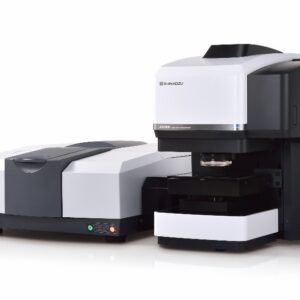
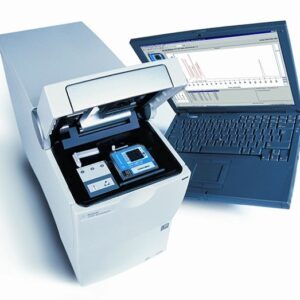
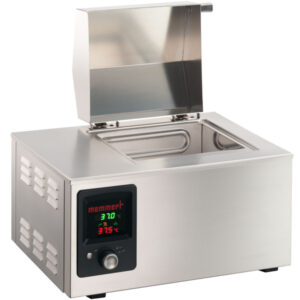
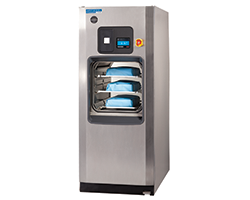
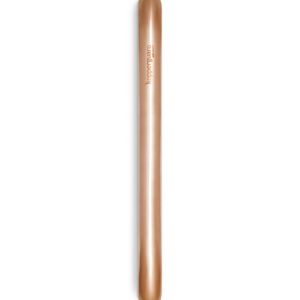
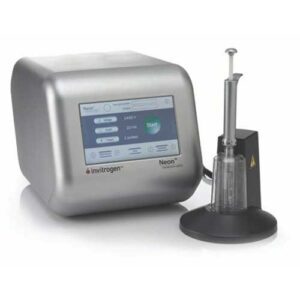
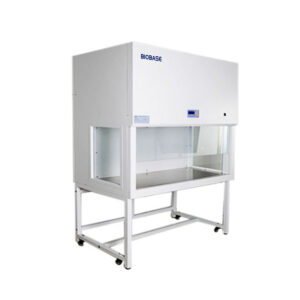
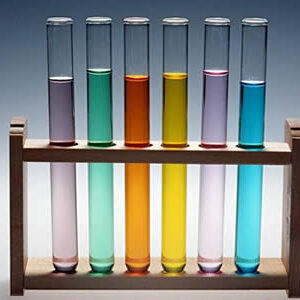
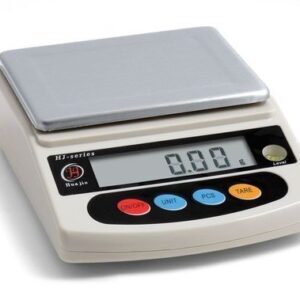
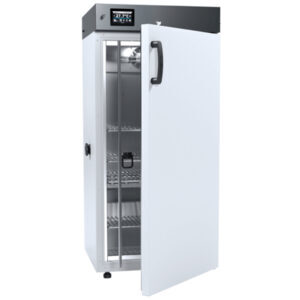
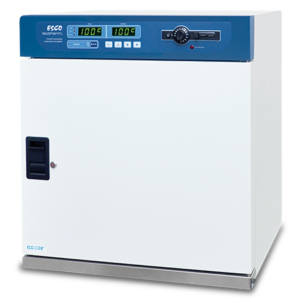
There are no reviews yet.